Intel’s Programmable Solutions Group Spin-Off Plan: 6 Big Things To Know
The move to spin off the Programmable Solutions Group marks yet another major change for the semiconductor giant under Pat Gelsinger, who has offloaded several other businesses to sharpen Intel’s focus on chip manufacturing and design over his two-and-a-half year tenure as the company’s CEO.
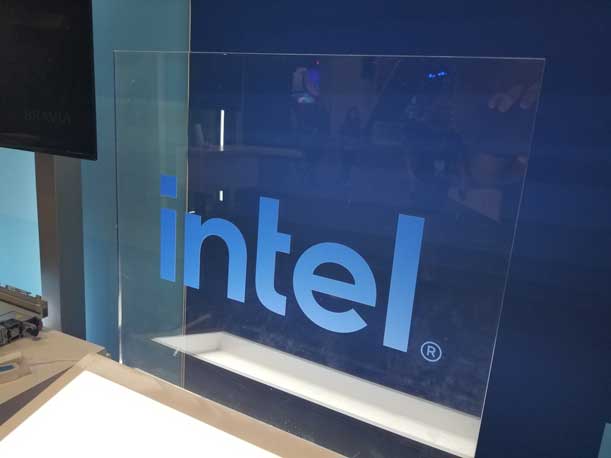
Pat Gelsinger’s transformation of Intel continued last week with the announcement that the chipmaker will turn its programmable chip group into a standalone business expected to go public by 2026.
The Santa Clara, Calif.-based company said on Oct. 3 that it will separate the Programmable Solutions Group (PSG) into a standalone business Jan. 1, 2024, and conduct an initial public offering for the operation in the next two to three years while soliciting private investments sooner.
[Related: Intel Hits Key Chip-Making Milestone In Gelsinger’s Comeback Plan]
Formed from Intel’s $16.7 billion acquisition of Altera in 2015, PSG develops field programmable gate arrays (FPGAs), complex programmable logic devices (CPLDs), and structured application-specific integration circuits (ASICs), among other products.
While PSG started out as a separate business unit under Intel, it became a part of the company’s Data Center and AI Group as part of a reorganization orchestrated by Gelsinger in 2021.
The move to spin off PSG marks yet another major change for the semiconductor giant under Gelsinger, who has offloaded several other businesses to sharpen Intel’s focus on chip manufacturing and design over his two-and-a-half year tenure as the company’s CEO.
The continuous shake-ups have been done in the name of fueling Gelsinger’s ambitious and expensive comeback plan, which calls for the chipmaker to introduce five advanced chip manufacturing nodes in four years to surpass Asian foundry rivals in state-of-the-art capabilities by 2025.
Part of Gelsinger’s plan includes a revitalized contract chip manufacturing business called Intel Foundry Services (IFS), which will count the standalone PSG business as a customer.
“This will give PSG the independence it needs to keep growing share in the FPGA market, differentiating itself with capacity and supply resilience from IFS and allowing Intel product teams to focus on our core business and long-term strategy,” Gelsinger said in a Monday statement.
What follows are six things to know about Intel’s plan to spin off PSG, including why the company plans to do it, who will lead the PSG business, how the spin-off will expand PSG’s business opportunities, the business’ financials and how a focus on new markets and the IFS strategy will mutually benefit.

Who Will Lead Intel’s Standalone PSG Business
Sandra Rivera (pictured), currently the leader of Intel’s Data Center and AI Group, will become CEO of the PSG standalone business while Shannon Poulin, a former Intel channel executive and PSG’s current leader, will become COO of the firm.
Rivera has led the data center group as senior vice president and general manager since 2021, when Gelsinger reorganized the business unit, among others, and replaced former data center leader Navin Shenoy with Rivera. She will continue in this role until Intel identifies a new leader, the company said.
Intel said Rivera has been “instrumental” in putting the data center group—which includes Intel’s data center CPUs and GPUs—“back on the path to leadership and growth, with a more competitive product road map, an emphasis on delivering customer value and a strong focus on disciplined execution.”
“Sandra has proven herself by reinvigorating DCAI, placing it on a path for success. I am confident she will bring PSG that same dedication, energy and customer commitment,” Gelsinger said in a statement.
Poulin, a 24-year Intel veteran, has been corporate vice president and general manager of PSG since October 2021. Prior to that he was general manager of global markets and partners for four years.
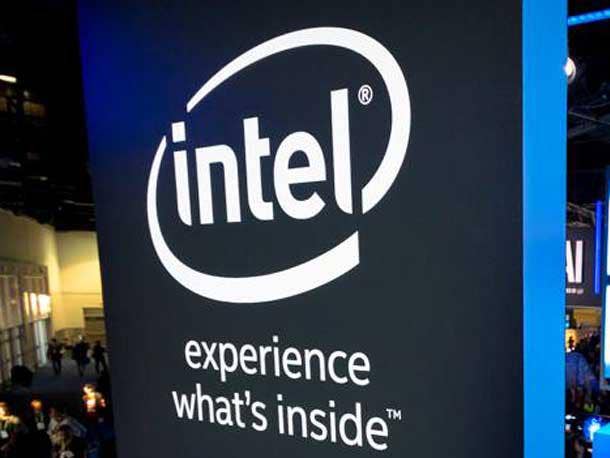
Why Intel Plans To Spin Off PSG
Intel’s planned spin-off of PSG will serve two main purposes: giving the company extra liquidity to invest in Gelsinger’s expensive comeback plan and expanding PSG’s business opportunities.
While Intel said it plans to conduct an IPO for PSG in the next two to three years, it will seek private investments for the business next year. However, Intel plans to remain PSG’s majority shareholder.
Any investment Intel receives for PSG could help the chipmaker further invest in Gelsinger’s comeback plan, which involves a large build-out of new chip factories in the United States and Europe as well as the introduction of five advanced manufacturing nodes in four years.
The goal of Gelsinger’s plan is to surpass Asian contract chip manufacturing giants TSMC and Samsung Electronics in process performance by 2025. At the same time, the company is hoping its revitalized contract chip-making business, Intel Foundry Services, will exceed Samsung’s foundry business by 2030.
In a call with investors last week, Gelsinger said the decision to spin off PSG falls in line with Intel’s decisions to spin off its Mobileye automotive business through an IPO in 2021 and to sell minority stakes in its IMS Nanofabrication business to private equity firm Bain Capital and TSMC.
Those two latter actions added $4 billion to Intel’s balance sheet, according to Gelsinger.
“A key part of our transformation has been looking for innovative ways to unlock value for all of our stakeholders, including the successful IPO of Mobileye and the investments by Bain Capital and TSMC into our IMS Nanofabrication business,” he said in the investor call.
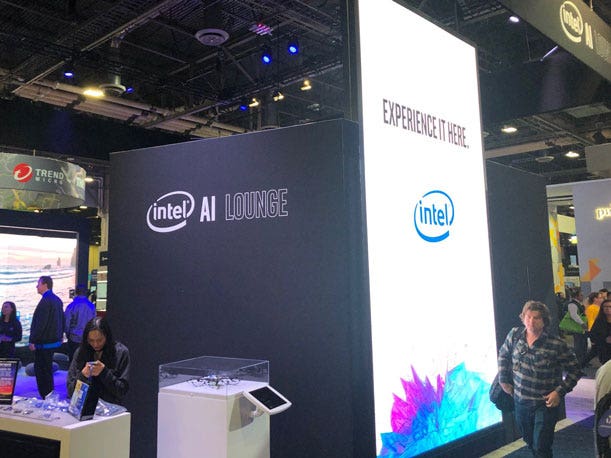
How The Spin-Off Will Broaden PSG’s Opportunities
Gelsinger said spinning off PSG into a standalone business will give the operation “the mandate, focus and resources to better capitalize on the attractive expected growth of FPGAs across data center and communications,” where Intel has mainly focused its FPGA efforts since the 2015 Altera acquisition.
The company also expects the spin-off to give PSG better resources for expanding into markets for embedded devices and systems, such as industrial, automotive, and aerospace and defense.
“I am equally excited to be able to give PSG the flexibility and resources to be able to go well beyond our original charter when we were acquired in 2015,” Rivera said in the investor call.
When Rivera became general manager of the Data Center and AI Group upon its formation in 2021, the company saw the opportunity to restructure its PSG road map and go after opportunities for low-end and mid-range FPGA products in the embedded markets.
“While well represented in the data center, we will increase investment and focus on parts of the FPGA market that represents significant growth, especially the industrial, automotive, aerospace and defense sectors,” Rivera said. “As many of you know, these markets have very attractive growth profiles, longer product life cycles and higher level of profitability.”
Rivera said PSG will continue to work with Intel’s Data Center and AI and Network and Edge business units on opportunities such as AI where FPGAs can augment Intel’s CPUs and accelerator chips such as the Gaudi deep learning processors and data center GPUs.
“Areas in AI where FPGAs are well suited includes data ingest at the front of the AI pipeline, data and traffic management with FPGA-based IPUs For offload, security acceleration and edge-based training and inference workloads,” she said.
In the investor call, Gelsinger admitted that PSG had “underperformed” as a part of Intel’s Data Center and AI business unit, saying it had suffered “particularly in the higher-margin areas of the business,” such as the company’s category of products for data centers.
“We haven’t been managing it as well as we could have,” he said.
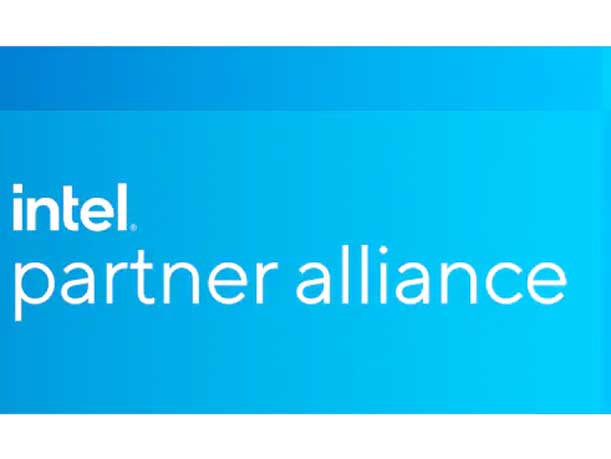
Spin-Off Will Let PSG ‘Build Up Channels’ With Distributors And VARs
Gelsinger said the spin-off will allow PSG to build up its channels with distributors and value-added resellers beyond what was possible under Intel.
“We’ve been largely homogenized inside of the Intel channel structure, particularly building up the distributors and VARs here,” he said in the investor call. “It’s another area of particular focus that we see as nicely accelerated by creating this clear operational separation under [PSG’s] leadership.”
Rivera characterized the opportunity for PSG to increase its presence and scale in distribution as “significant” and called it a “critical go-to-market channel for FPGA.”
Prior to the spin-off, FPGAs and other products in PSG have been part of the Intel Partner Alliance, a partner program that covers many partner types across the chipmaker’s entire portfolio of products.

PSG’s Financial Performance And Market Opportunity
Rivera said PSG’s trailing 12-month revenue at the end of the second quarter was $2.9 billion, “with gross and operating profits well above Intel corporate average.”
“Over the next few quarters, we expect to navigate through a normalization of supply and demand caused by extreme COVID-induced cyclicality, even as we make some necessary investments in products and go-to-market capabilities,” she said in the investor call.
The executive added that “these actions will position us to gain share, especially in the most profitable markets over the next two to three years.” In the long term, the company expects PSG to reach gross margins in the mid-50 percent range and operating margins in the mid-30 percent range.
Citing third-party sources, Rivera said the FPGA market is estimated to reach roughly $8 billion in 2023 and grow to $11.5 billion by 2027, which amounts to a “high single-digit compound annual growth rate.”
In 2021, the last year Intel recorded PSG’s financial performance as a business unit, the group brought in $1.9 billion for revenue, which was a 4 percent increase from the previous year.
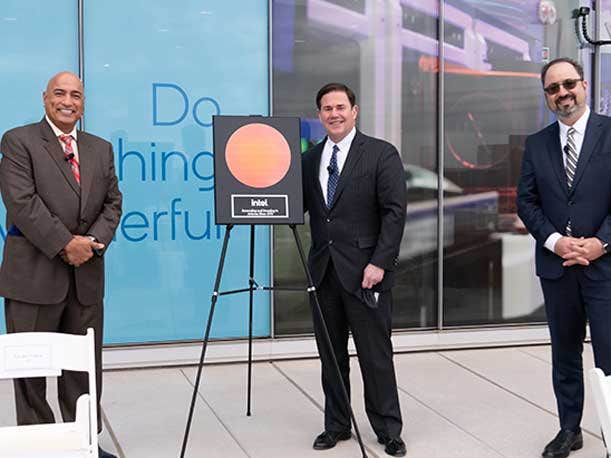
PSG Will Be ‘Big Beneficiary’ Of Intel’s Foundry Business
Gelsinger said PSG as a standalone business will be a “big beneficiary” of Intel’s revitalized contract chip manufacturing business, Intel Foundry Services.
A key part of Gelsinger’s comeback plan, Intel launched Intel Foundry Services in 2021 to compete with Asian foundry rivals TSMC and Samsung Electronics as well as other chip manufacturers to fabricate silicon products on behalf of other companies.
Gelsinger said PSG will take advantage of Intel’s 18A process node, which is expected to enter manufacturing in late 2024 and from which the company expects to gain “transistor power and performance leadership” over TSMC and Samsung by 2025.
The chief executive added that there will be mutual benefit between PSG’s long product lifecycles in the industrial, automotive and aerospace and defense sectors and Intel’s IDM 2.0 strategy, which focuses on “utilizing our manufacturing assets over a much longer period for higher rates of return.”
While Gelsinger said PSG will continue to use other foundries to manufacture its chips, Intel sees “enormous customer interest [for FPGAs] in a more secure resilient supply chain in North America” that can be enabled by Intel Foundry Services’ manufacturing network in the continent.
“You can just imagine the industrial customers, the aerospace [and] defense customers, there’s a lot of interest in this, so we really think we’re setting this up to really have a unique advantage leveraging Intel but also the flexibility to build the best products using other foundries where appropriate,” he said.